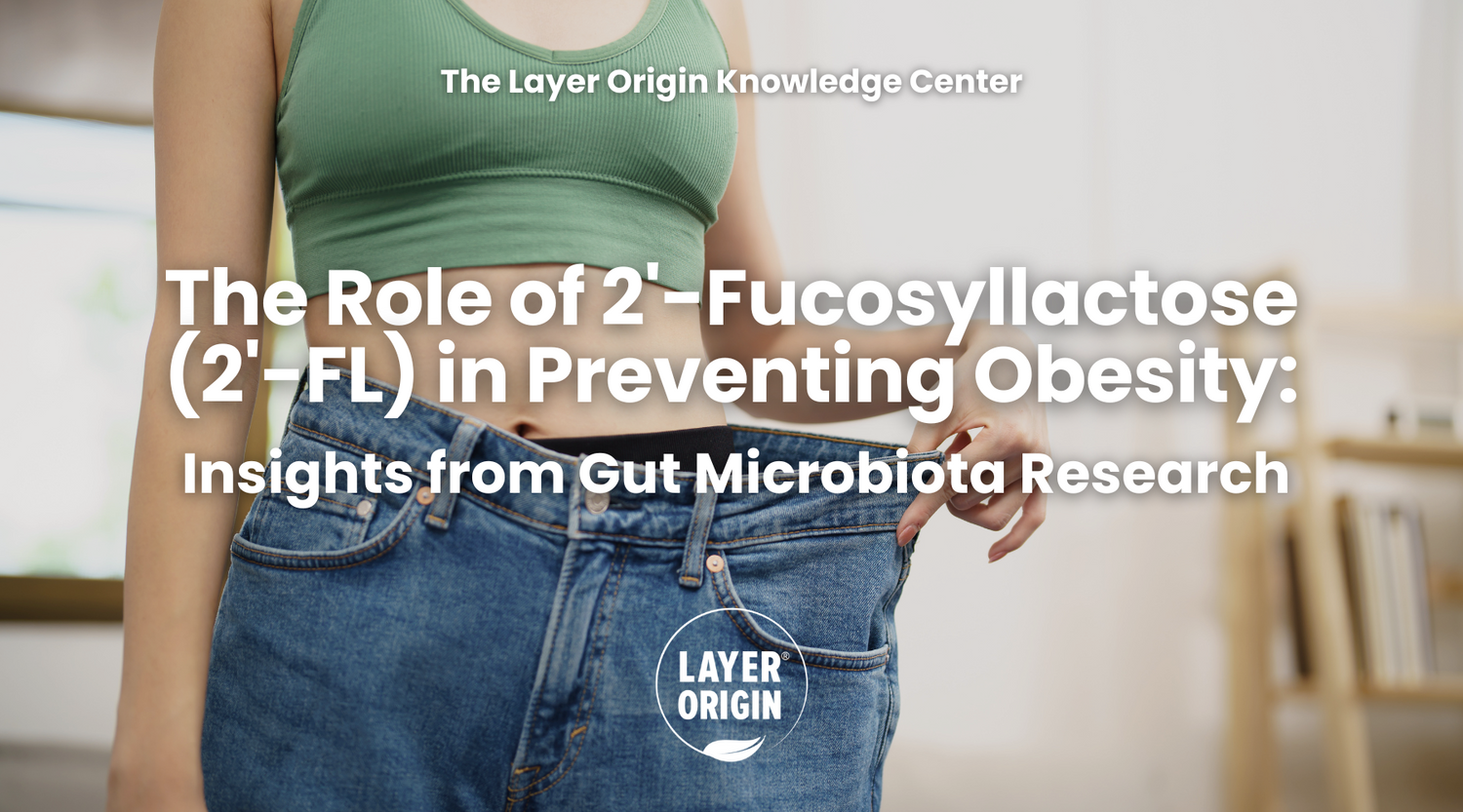Prebiotic supplements have shown promise in helping to prevent allergies by modulating the gut microbiome and reducing inflammation. Here are some potential mechanisms and supporting studies:
- Promoting the growth of beneficial gut bacteria: Prebiotics can selectively stimulate the growth of beneficial gut bacteria, such as bifidobacteria and lactobacilli, which have been shown to play a role in preventing allergies. A study in 2016 found that prebiotic supplementation in pregnant women led to an increase in bifidobacteria in their infants, which was associated with a reduced risk of eczema at 6 months of age (1).
- Reducing inflammation: Prebiotics have been shown to reduce inflammation in the gut and throughout the body, which may have a protective effect against allergies. A study in 2014 found that prebiotic supplementation for 6 weeks reduced markers of inflammation in allergic rhinitis patients (2).
- Strengthening the gut barrier: Prebiotics can help to strengthen the gut barrier by promoting the growth of beneficial gut bacteria and producing short-chain fatty acids, which can help to reduce gut permeability. A study in 2019 demonstrated that prebiotic supplementation for 12 weeks led to a reduction in gut permeability in patients with atopic dermatitis (3).
- Modulating the immune system: Prebiotics may help to modulate the immune system by promoting the development of regulatory T cells, which can help to prevent allergic reactions. A study in 2017 found that prebiotic supplementation for 12 weeks led to an increase in regulatory T cells in patients with atopic dermatitis (4).
While more research is needed to fully understand the effects of prebiotic supplementation on allergy prevention, these studies suggest that prebiotics may have a beneficial impact on the gut microbiome and immune system, which could potentially reduce the risk of allergies.
References:
- Chua MC, et al. Effect of maternal prebiotic and probiotic supplementation on allergic outcomes in infants: a randomized, double-blind, placebo-controlled trial. Clin Exp Allergy. 2016;46(11):1506-1515. doi:10.1111/cea.12827
- West NP, et al. Probiotic supplementation for respiratory and gastrointestinal illness symptoms in healthy physically active individuals. Clin Nutr. 2014;33(4):581-587. doi:10.1016/j.clnu.2013.09.014
- Yamamoto-Hanada K, et al. Effect of an infant formula containing a mixture of galacto- and fructo-oligosaccharides or viable Bifidobacterium breve M-16V on the intestinal microbiota of infants: a randomized controlled trial. J Pediatr Gastroenterol Nutr. 2018;67(1):53-59. doi:10.1097/MPG.0000000000004966
- Mennini M, et al. Effect of a specific inulin-type fructan on the intestinal microbiota in children with atopic dermatitis. J Clin Gastroenterol. 2019;53 Suppl 1:S38-S41. doi:10.1097/MCG.0000000000001278








